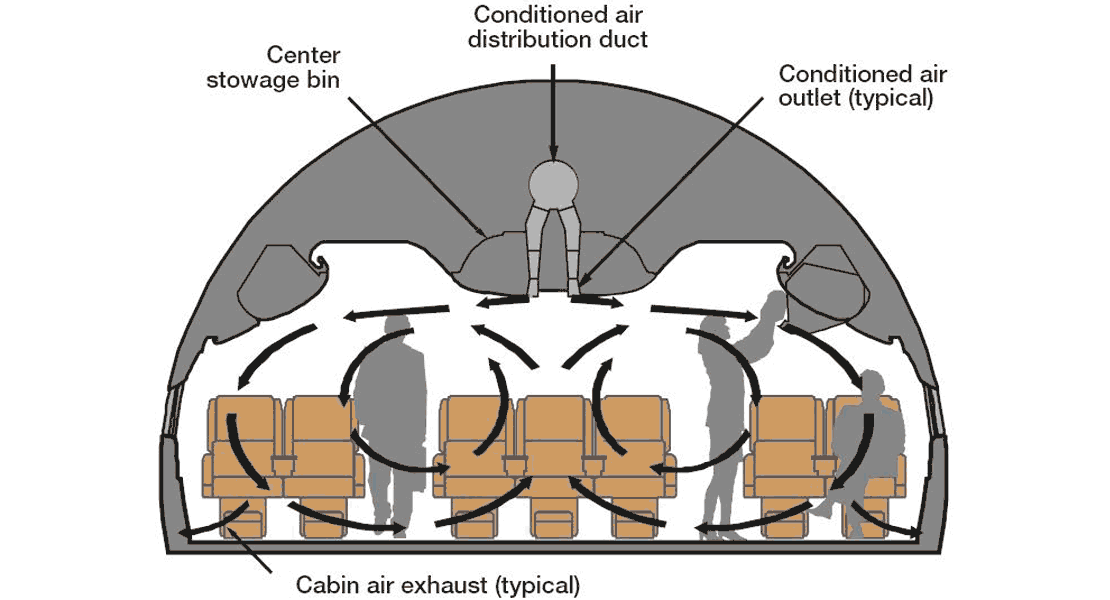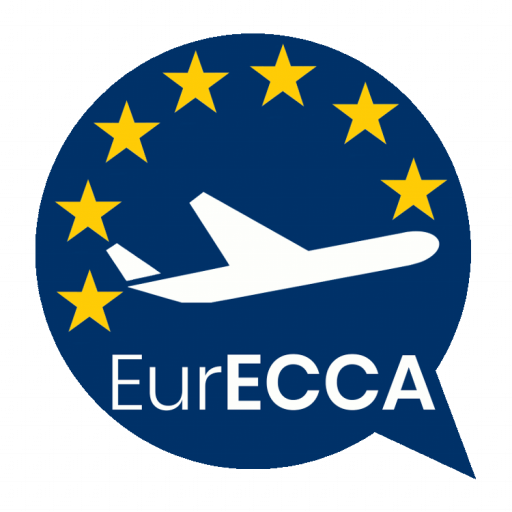Contaminated cabin air on passenger aircrafts
Initial situation : Time and again incidents called « fume events » occur on passenger aircrafts in which toxic substances enter the cabin. These events are caused by technical errors (often in moments of full power i.e. in the process of taking off and landing as well as during « load changes » of the engines. Under certain circumstances, these incidents are accompanied by odors which are, however, often not noticeable. Regarding the resulting damage to human health, acute symptoms and chronic symptoms have to be differentiated. An increasing number of crew members has complained about health issues following the incidents mentioned above. Additionally, several affected employees were able to furnish proof for long term health damage caused by intoxications on board during « fume events ».
Due to the European legal situation and underestimation of this topic by airlines as well as aircraft and engine manufacturers, many affected crew members and passengers are confronted with great difficulties in clarifying and eliminating this danger.
Accordingly the process of establishing evidence in court in order to receive benefits is complicated by the fact that confirmation of a causal dependence between toxic substances and health damages is necessary.
Due to a lack of a developed and consequently operated, non punitive Reporting System many incidents are not registered and potential health damages are not investigated. Apparently incidents are not reported for fear of negative consequences for the plaintiff caused by the particular airline.
For permanent control and prevention in case of contamination it would be reasonable to install sensors which analyses the cabin air at all times. Reliable critical values or threshold values are essential for these measurements. These procedures could ensure a distinct improvement of cabin air quality. Up to the present, neither has the existing fleet of aircrafts been equipped, nor has a definition of critical measured values been specified.
Furthermore airlines do not provide a sufficient range of preventive health care and aftercare.
Finally cabin staff is often not informed about risks and possible consequences of fume events as well as about the obligation to report to aviation authorities). Information and education on this subject is required to take place in the beginning of the employment and needs to be continuously provided for all crew members.
EurECCA has been attending to the problem of harmful substances in passenger cabins and is also internationally active and committed in this regard.
Airlines, industry, Federal Government, EU Commission, EASA and ICAO are requested to participate constructively in the process of solving this problem. In our opinion it is no longer tolerable that in the near future aircrafts which contain the risks of intoxication as mentioned before (i.e. Airbus A350) are still admitted to operate in spite of the latest technical developments of cabin air systems (i.e. Boeing 787 Dreamliner/ Fa Liebherr Aerospace – Toulouse for A320 NEO). EurECCA considers the consequent application of the principle of prevention as essential.
Therefore EurECCA makes the following demands in order to permanently decrease the dangers of health damages for crews and passengers:
Demands regarding technical development :
- Equipment of existing fleet with filters (as soon as they are operative and available)
- Permanent examination of the quality of cabin air through sensors
- (Further) development of neurotoxically harmless oils
- Abandonment of « bleed air » technology for cabin pressure and cabin air systems on passenger aircrafts (depending on the construction)
Demands regarding health prevention and aftercare for crews:
- Ensuring respiratory protection for every crew member (by smoke hoods or respirators) in case of smell or smoke events – Arranging clinics and doctors with specific focus on those affected by suchevents
- Free blood tests for crew member (bio monitoring)
- Establishment of a compensation fund system by the industry
- Acknowledgement of damages through harmful substances in cabin air as an occupational disease
Demands regarding education :
- Intensified courses of instruction and information for crews about risks and possible consequences of fume events (especially at the beginning of employment and in regular intervals thereafter).


